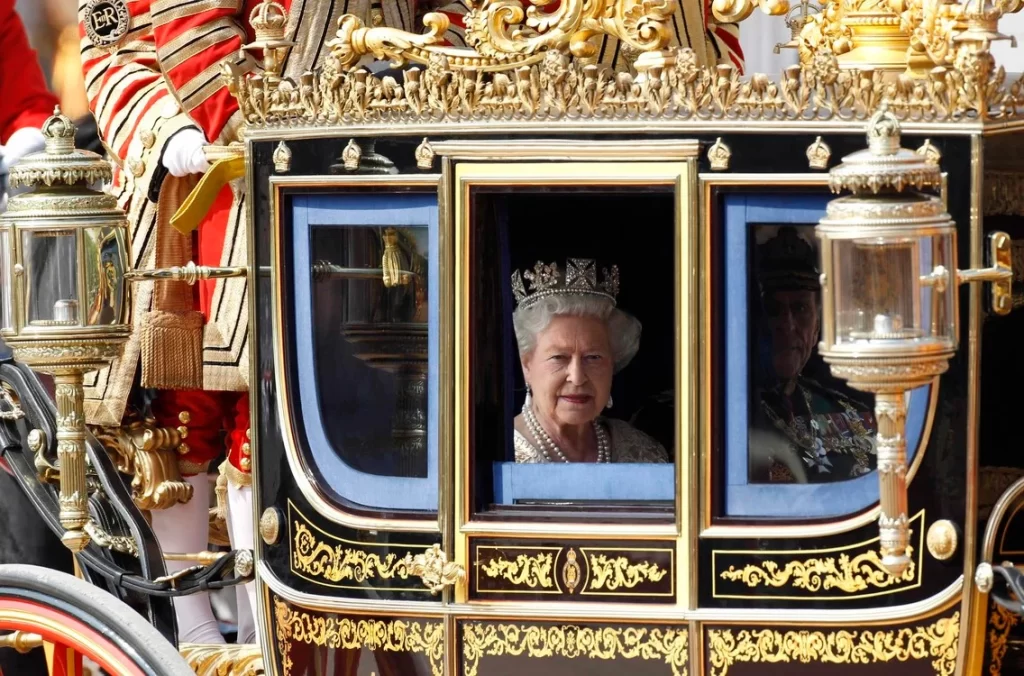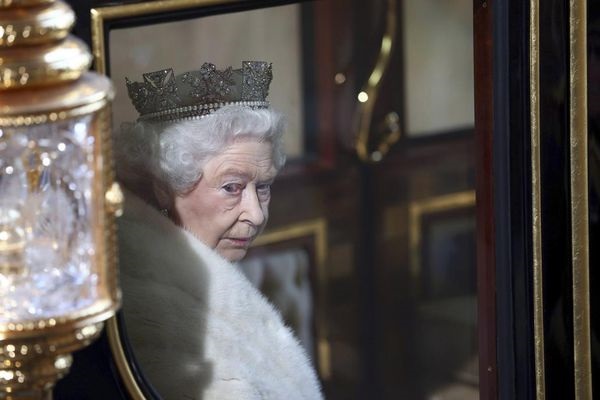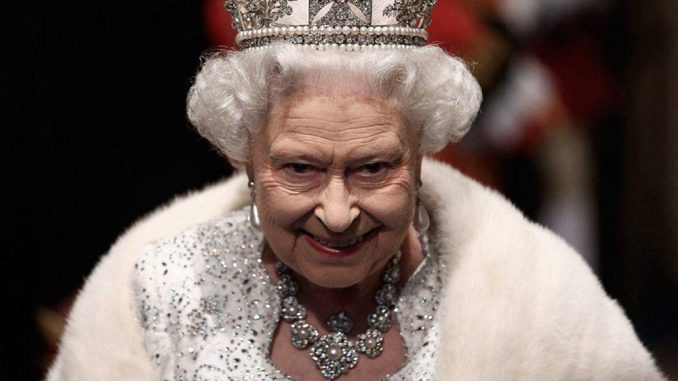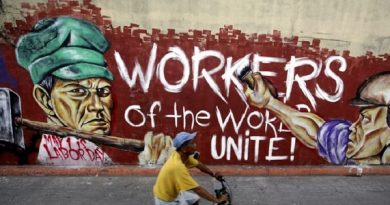Elizabeth II died. Death to all monarchies!
In this days, the headlines of all the media in the entire world deal with the death of a single person, obviously very important: british queen elizabeth ii. Beyond protocols and anecdotes, here are some reflections on its history, the role of monarchies and the pending democratic tasks in the perspective of fighting for substantive political changes.
ByPablo Vasco
during his 70 years on the throne, longest reign in British history, Elizabeth II visited 116 countries. And he never needed to prove his identity or have a passport, for being herself the one who authorized them in her country. In times when millions of people are undocumented or, even worse, forced migrants suffering violence and discrimination, such a prerogative is a confirmation of the enormous power of the British crown.
His personal fortune was around 450 millions of dollars, lower than that of many billionaire capitalists in the world but colossal for a highly privileged person who never worked in his long life and who until the 1990s did not even pay income tax to the treasury. Owner of 315 residences, commercial premises and thousands of hectares of agricultural land, in 2017 the queen was implicated in the Paradise Papers scandal over irregular deposits in the Cayman Islands and Bermuda, recognized tax havens.
At the time of his death, Elizabeth II was not only the queen of Great Britain but also of other 14 countries, Commonwealth members, including Canada, Australia and New Zealand[1]. Said “commonwealth of nations” has in total 56 member countries, all of them former British colonies and semi-colonies, including India, Pakistan, Bangladesh and various countries in Africa. It is that even before the Second World War, the UK was the world's leading imperialist power.
Although from the postwar period the United States clearly emerged as the dominant imperialism at the global level, leaving Britain behind, through the Commonwealth and its agencies it still maintains an economic interference, political and cultural over most member countries, more or less strong depending on the case.

one of pirates
when fulfilling 21 years, in a radio broadcast to the entire Commonwealth, the young Elizabeth publicly promised: “I declare before all of you that all my life, either short or long, will be dedicated to your service and to the service of our great imperial family to which we all belong.". and fulfilled: he dedicated his entire life to defending the interests of his monarchist caste, of the capitalist class and system in general and of the British Empire in particular.
crowned in 1952 after the death of his father, king george vi, Her task was carried out by Elizabeth II with blood and fire in the face of all the rebellions and emancipatory revolutions carried out by the peoples of her former colonies., and also against the liberation movements in their own territory, as in the cases of Ireland and Scotland. The same towards the combative British labor movement, such as his public criticism of the mining strike in 1984-1985.
under his reign, Great Britain integrates since its creation in 1949 la OTAN: the North Atlantic imperialist military alliance led by the US. In 1956 invaded Egypt with France seeking to seize the Suez Canal. In 1965 the queen dismissed the prime minister of Rhodesia for an independence attempt. In 1982, as the maximum political jefa of the usurpadora potencies, supported the Malvinas War against Argentina. Likewise, intervened militarily in Malaysia (1948-1950), Kenya (1952-1960), Corea (1950-1951), Brunei and Oman (1962), Iran (1980), Iraq (1990-1991 Y 1998), Sierra Leona (2000), Afghanistan (2002 Y 2006-2007), Libya (2011) and Syria (2018), among many other imperialist operations.
Just as in 1674 English King Charles II recognized ascaballero the pirate Henry Morgan, Queen Elizabeth II did not play a mere protocol or decorative role but rather encouraged or endorsed, as the highest representative of British political power, each external or internal intervention based on the interests of the imperialist capitalist class.

The democratic struggle, in the hands of the working class
Remnants of the era of feudalism, when they were the hereditary and predominant institution of political power, the permanence of monarchies in more than 40 countries of the world under the current capitalist-imperialist system confirms that the bourgeoisie as a class has been unable to completely fulfill the democratic tasks assigned to it by history: countries national liberation, agrarian reform and the constitution of republics based on the popular vote.
Capitalism has assimilated the monarchical institution and uses it in the service of reinforcing class conciliation under the slogan of "national unity", especially in times of strong political crises. Elizabeth II died but her son Carlos, the brand new king, will try to continue playing the same reactionary role.
In general with a growing wear due to its arbitrariness, fiscal and even sexual privileges and scandals, a variety of monarchical forms persist in the world. In some countries they are combined with parliaments elected by suffrage, as in the Spanish State, Sweden, Norway, Belgium, Holland, Denmark, Britain itself, Jordan and Morocco. In other countries, absolute monarchies rule., like swaziland (hoy Esuatini), Brunei or Saudi Arabia, whose name is the surname of the ruling dynasty (Saudi). And Bahrain, Qatar and the United Arab Emirates are hybrid monarchies, whose kings have more powers than parliaments. And in two countries there are “elective” monarchies: Malaysia (the king is chosen by a council of rulers) and the Vatican Theocratic State (the pope is elected by a conclave of cardinals).
Beyond its particular format in each country, all these monarchical regimes must be swept out of history. To lead this pending democratic struggle, of course, the bourgeois leaderships are no longer useful, nor are their reformist allies., that capitulate to the monarchy and the capitalist system as a whole. It's more: embarrassment give the greetings of communist and social democratic leaders to the royal family.
The consequent battle to defeat monarchies where they exist and establish republics is the task of the working class and the revolutionary party., but that fight should not stop at a change in the political regime but rather advance to a fundamental change, a change of the entire economic-social system. Because a true democracy worthy of the name, without the thousand and one traps of bourgeois democracy, It will only be achieved with the construction of a truly egalitarian society, i.e. a socialist society.
like argentinian, as a socialist militant and as a former volunteer during the Malvinas War, no mourning or condolences for the dead queen. quite the opposite: Down with monarchies in Britain and around the world, as part of the revolutionary struggle for socialism!
[1] Old and bearded, Australia, Bahamas, Belice, Glen, Granada, Jamaica, New Zealand, Papua New Guinea, Saint Kitts and Nevis, St. Lucia, St. Vincent and the Grenadines, the Solomon Islands and Tuvalu.




